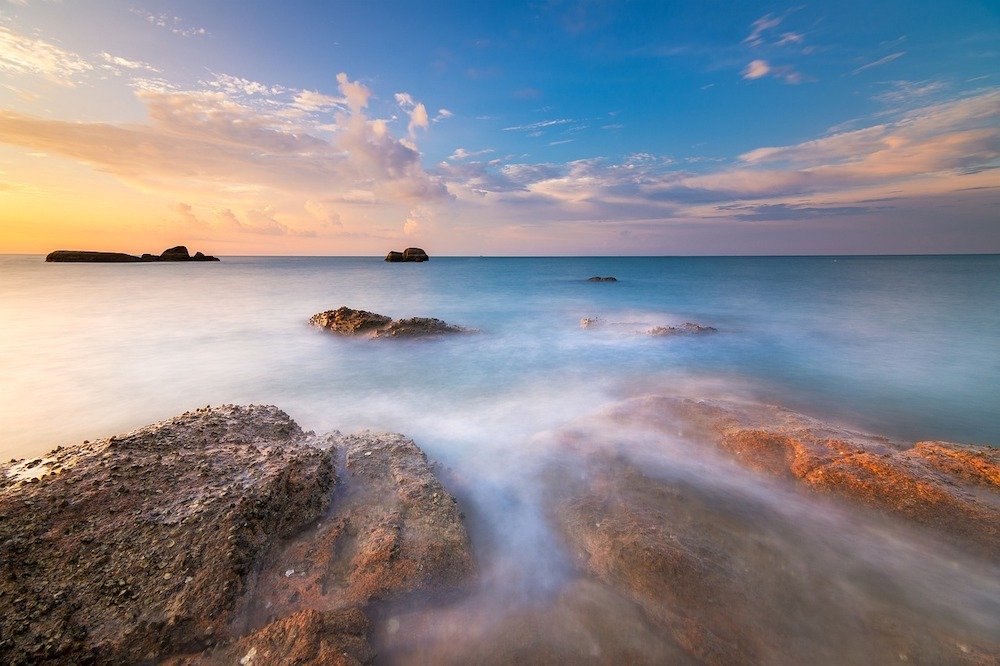
Are you wanting to understand how the installation of private island power & internet connectivity works?
Nestled away from the hustle and bustle of mainland life, private islands beckon as exclusive retreats where tranquility meets luxury.
These secluded paradises offer a unique lifestyle, presenting their owners with unparalleled privacy and breathtaking natural surroundings.
However, amidst the beauty lies a distinctive set of challenges, with one of the most critical being the establishment of a robust power and internet infrastructure.
Private islands, often untouched by municipal utilities, require innovative solutions to address their energy and connectivity needs.
The absence of readily available power grids and high-speed internet lines makes these idyllic locations both a haven and a puzzle for those seeking a seamless integration of modern amenities.
In the 21st century, where connectivity is synonymous with progress, the significance of reliable power and internet infrastructure on private islands cannot be overstated.
Island dwellers, whether year-round residents or occasional visitors, rely on these essential services to bridge the gap between the serene seclusion of their island abode and the demands of the interconnected world.
Island power becomes not just a convenience but a lifeline, powering everything from basic lighting to sophisticated appliances and ensuring the safety and comfort of inhabitants.
Simultaneously, a robust internet connection transcends the realms of leisure, enabling communication, work, and entertainment, thereby making private islands not only secluded retreats but also functional spaces seamlessly integrated into the digital landscape.
As we delve into the intricate world of powering private islands and establishing internet connectivity, it becomes apparent that these challenges are not mere technicalities but essential components that shape the very fabric of island living.
Power Solutions for Private Islands
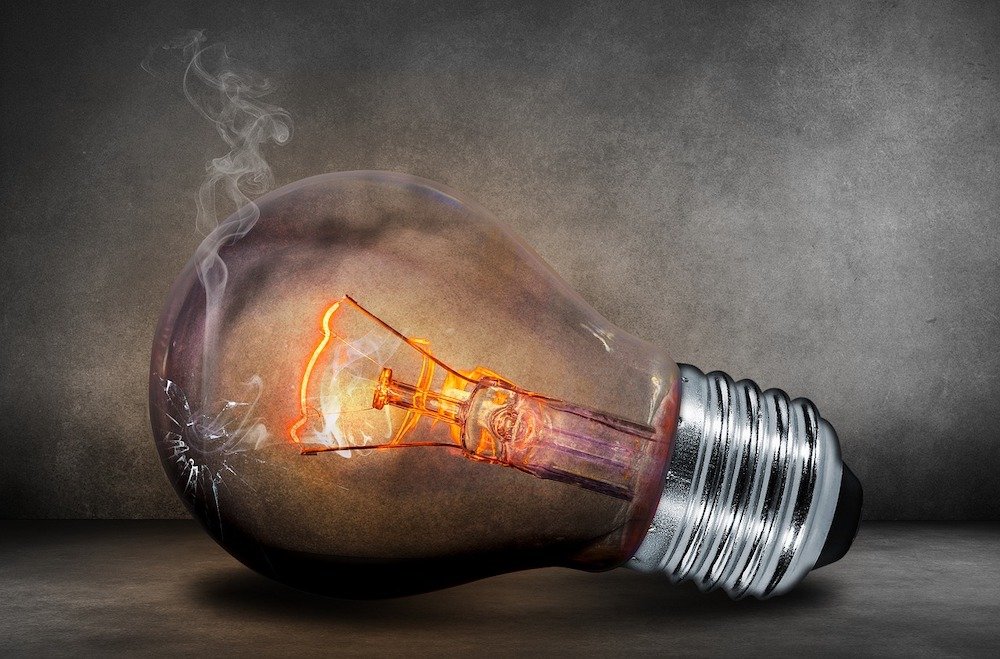
1. Off-Grid Power Systems
Private islands, often secluded from conventional power grids, necessitate innovative off-grid power solutions.
Here, we explore various options to meet the unique energy needs of these idyllic locations.
Solar Power
Embracing the abundant sunlight, solar power stands out as a sustainable and environmentally friendly solution for private islands.
Advantages include reduced environmental impact, low operating costs, and the potential for energy independence.
However, considerations such as weather variations and initial setup costs must be weighed.
Installing solar panels involves careful planning to optimize exposure to sunlight.
From selecting the right solar panels to determining optimal placement, understanding the installation process is crucial for harnessing the maximum solar energy potential on private islands.
Wind Power
Wind power offers an excellent complement to solar energy, especially on islands with consistent wind patterns.
Assessing the wind potential of an island is essential to determine the viability of this renewable energy source.
Installing wind turbines involves considerations such as tower height and turbine size.
Regular maintenance is crucial to ensure efficiency and longevity, making wind power a sustainable and reliable option for private islands.
Hybrid Systems
Hybrid systems leverage the strengths of both solar and wind power to create a more reliable energy source.
This approach minimizes dependence on one energy generation method, providing a continuous power supply even when conditions are less than ideal for one of the sources.
While hybrid systems offer enhanced reliability, understanding the cost implications is essential for informed decision-making.
Initial setup costs, maintenance expenses, and long-term savings should all be considered when evaluating the feasibility of hybrid power solutions.
2. Traditional Power Sources
Private islands may also benefit from more traditional power sources to ensure a consistent and reliable energy supply.
Diesel Generators
Diesel generators provide a reliable and efficient power source for private islands.
Understanding the basics of diesel generators, including their mechanics and output capacity, is crucial for island power planning.
The installation process of diesel generators involves strategic placement and fuel storage considerations.
Examining fuel options and calculating fuel consumption rates are essential steps in ensuring uninterrupted power supply.
Regular maintenance is vital for the smooth operation of diesel generators.
This includes monitoring fuel quality, checking for wear and tear, and scheduling routine servicing to prevent unexpected breakdowns.
Propane Generators
Propane generators offer a cleaner and quieter alternative to diesel generators. Understanding the advantages and disadvantages of propane as a fuel source is crucial for island power planning.
The installation of propane generators involves considerations such as fuel storage and safety measures. Adhering to proper installation guidelines ensures the efficient and safe operation of propane-powered systems.
Propane comes with specific safety considerations, including proper storage and ventilation.
Implementing safety measures is essential to mitigate potential risks associated with propane generators.
3. Energy Storage Solutions
In addition to power generation, efficient energy storage is fundamental for a reliable off-grid power system on private islands.
Batteries and Energy Storage Systems
Batteries play a pivotal role in storing excess energy generated by solar, wind, or hybrid systems.
Understanding their role in maintaining a steady power supply is crucial for off-grid living.
Exploring various battery types, such as lead-acid, lithium-ion, and flow batteries, allows island owners to choose the most suitable option based on capacity, lifespan, and performance.
Proper installation and maintenance practices are essential for maximizing battery lifespan and efficiency.
From configuring the battery bank to monitoring charge cycles, a well-maintained energy storage system enhances the overall reliability of the island power setup.
Internet Connectivity for Remote Locations
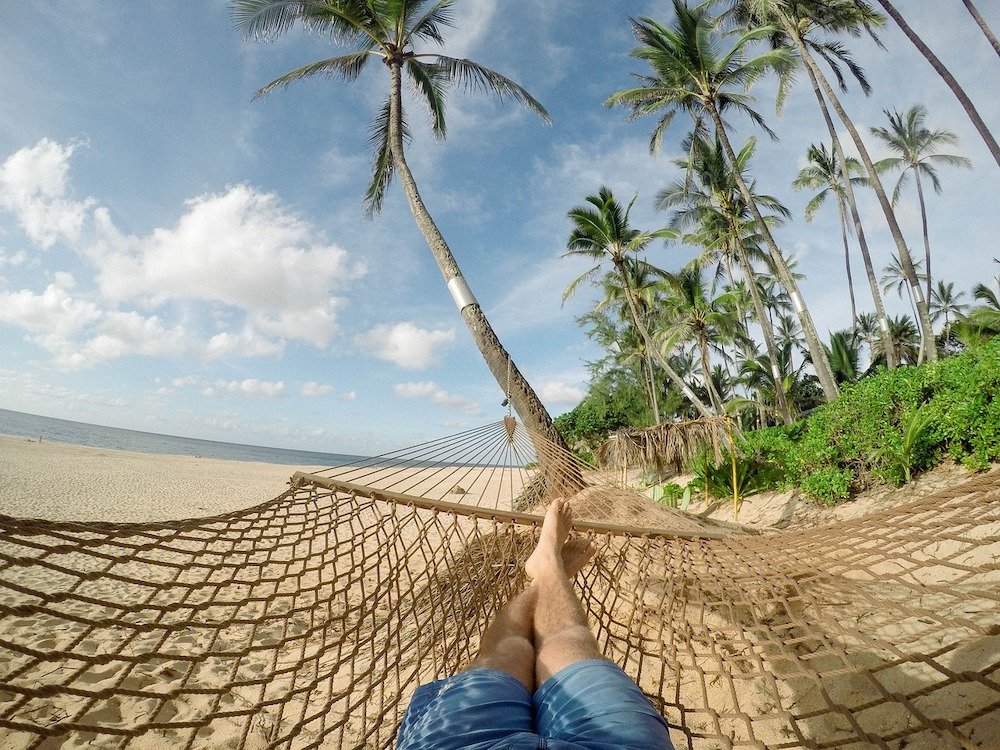
In the interconnected world we live in, reliable internet connectivity is no longer a luxury but a necessity.
For private islands, often situated in remote locations, ensuring a seamless connection to the digital realm requires strategic choices and innovative solutions.
1. Satellite Internet and Starlink
Satellite internet harnesses the power of orbiting satellites to provide internet access in areas with limited terrestrial infrastructure.
The technology involves communication between ground stations, satellites, and the user’s equipment, enabling connectivity even in remote and isolated locations.
Installing satellite internet involves the setup of a satellite dish at the user’s location.
Understanding the installation process, including dish alignment and equipment requirements, is crucial for ensuring optimal performance.
With emerging technologies like Starlink, advancements in satellite internet are bringing faster and more reliable connections to remote areas.
Pros and Cons of Satellite Internet:
- Pros:
- Wide Coverage: Satellite internet offers coverage in areas where traditional broadband may be unavailable.
- Quick Deployment: Installation is relatively quick, making it an efficient solution for immediate connectivity needs.
- Mobility: Satellite internet can be mobile, making it suitable for those who require internet access while on the move.
- Cons:
- Latency: Satellite internet can experience higher latency compared to terrestrial options.
- Weather Dependency: Adverse weather conditions, such as heavy rain, may impact signal strength.
- Cost: Initial setup costs and monthly fees can be higher than some terrestrial alternatives.
2. Fixed Wireless Internet
Fixed wireless internet utilizes radio signals to establish a connection between the user’s location and a fixed wireless access point. This technology offers a viable solution for areas where laying traditional cables is impractical.
Understanding the infrastructure requirements for fixed wireless internet is essential. This includes the placement of access points and ensuring line-of-sight communication between the user’s equipment and the access point.
The installation of fixed wireless internet involves positioning a receiver at the user’s location. Factors such as antenna alignment and interference considerations play a crucial role in optimizing connectivity.
3. Mobile Internet Solutions
Mobile hotspots, powered by cellular networks, provide a portable and convenient solution for internet connectivity. Understanding available data plans and selecting one that meets the data requirements of island residents is essential.
In areas with weak cellular signals, signal boosters can enhance connectivity by amplifying the existing signal. Exploring the use of signal boosters becomes crucial for optimizing mobile internet solutions on private islands.
Considerations for Mobile Internet in Remote Areas:
- Network Coverage: Assessing the cellular network coverage on the island is fundamental for selecting the most suitable mobile internet provider.
- Data Speeds: Understanding the expected data speeds and limitations of mobile internet helps set realistic expectations for users.
- Redundancy Planning: Considering backup options in case of network outages ensures continuous connectivity even in challenging situations.
As we continue our exploration of powering private islands, the integration of robust internet connectivity stands out as a key factor in making these secluded havens not only a retreat into nature but also a connected and digitally empowered space.
Regulatory and Permitting Considerations
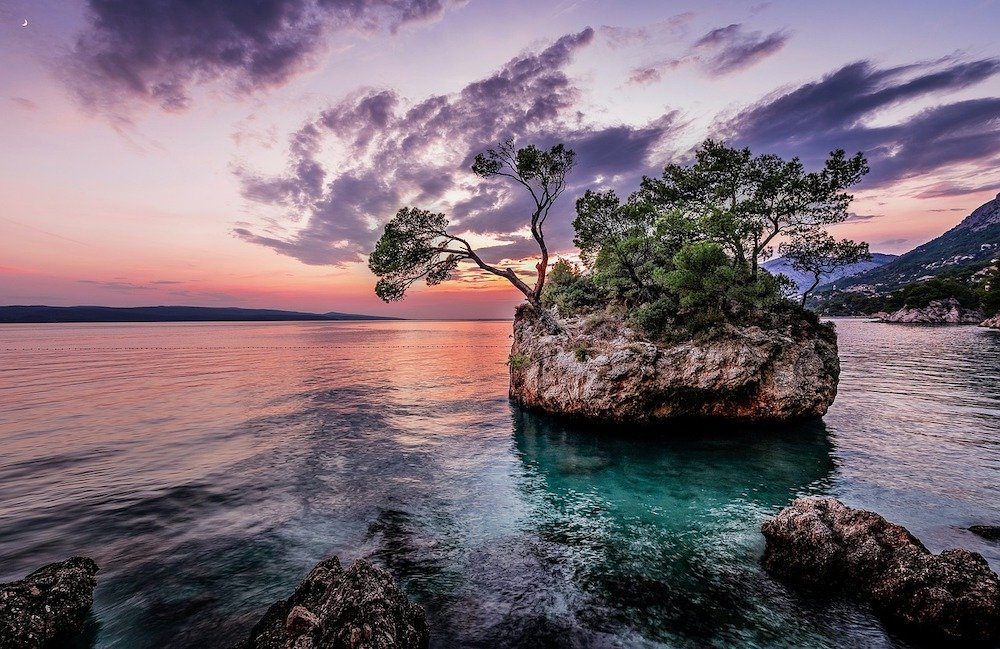
Navigating the regulatory landscape is crucial when establishing power and internet infrastructure on private islands.
This section explores key considerations in this regulatory realm.
Environmental Impact Assessments
Conducting a thorough environmental impact assessment (EIA) is vital before implementing power and internet projects on private islands.
Understanding the potential ecological consequences ensures responsible development and helps mitigate adverse effects on the island’s biodiversity.
Compliance with environmental regulations is paramount. Familiarizing oneself with local and national environmental laws ensures adherence to guidelines governing construction, waste management, and overall environmental preservation.
Building Codes and Zoning
Adhering to local building codes is non-negotiable when establishing power and internet infrastructure.
Understanding structural and safety requirements ensures that installations are not only efficient but also compliant with established standards.
Zoning regulations dictate land use and development permissions.
Assessing these regulations is essential for determining suitable locations for power generation and internet connectivity equipment, taking into account visual impact, noise considerations, and environmental preservation.
Cost Considerations
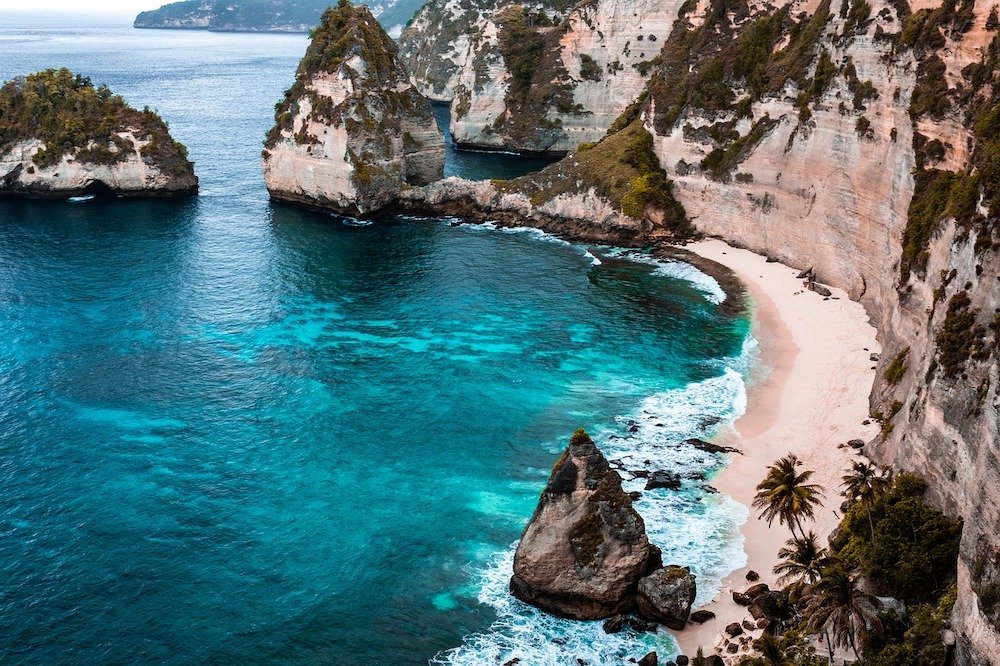
Understanding the financial aspects of establishing and maintaining power and internet infrastructure on private islands is crucial. This section explores the various costs associated with these installations.
Understanding the individual costs associated with different power solutions allows for informed decision-making based on both budget and energy needs.
Evaluating the pros and cons of each power solution in terms of cost provides clarity on the most suitable option for the island’s unique requirements.
Factoring in costs for professional expertise and necessary equipment ensures a comprehensive budget that covers all aspects of the installation process.
Understanding the costs of various internet connectivity options helps in selecting the most cost-effective and efficient solution for the island.
Anticipating the initial setup costs for different internet solutions aids in budgeting and aligning expenditures with overall financial plans.
Allocating resources for professional installation and equipment procurement ensures a smooth and reliable internet infrastructure setup.
Planning for routine maintenance costs ensures the continuous efficiency and longevity of the power infrastructure.
Implementing predictive maintenance strategies helps in identifying potential issues before they escalate, reducing the likelihood of unexpected breakdowns.
For systems reliant on fuel, factoring in the ongoing fuel costs is essential for long-term operational planning.
Budgeting for recurring expenses associated with internet subscriptions ensures uninterrupted connectivity.
Allocating resources for the regular maintenance of internet equipment guarantees the sustained reliability of the internet infrastructure.
Implementing cost-effective strategies for operational maintenance helps in achieving a balance between reliability and financial efficiency.
Assessing the economic advantages, such as increased property value and enhanced quality of life, provides a comprehensive view of the return on investment.
Recognizing the long-term financial benefits, including energy savings and enhanced property value, contributes to a holistic understanding of ROI.
Acknowledging intangible benefits, such as improved quality of life and convenience, adds depth to the overall assessment of return on investment.
Identifying sustainable practices ensures that ongoing operations align with environmental considerations, contributing to the long-term viability of the infrastructure.
Anticipating future upgrades and technological advancements allows for flexibility in adapting to evolving power and internet solutions.
Striking a balance between initial investments and the enduring benefits of resilient infrastructure ensures a sustainable and financially prudent approach.
Conclusion
In concluding our exploration of private island power and internet installations, it’s imperative to recap the key considerations discussed throughout this guide:
- The importance of environmental impact assessments for responsible development.
- Adherence to building codes and zoning regulations for safety and proper land use.
- Understanding and budgeting for initial setup costs of power and internet infrastructure.
- Planning for ongoing maintenance costs to ensure the longevity and reliability of the installations.
- Calculating return on investment over time, considering both economic and intangible benefits.
- Exploring sustainable practices and future-proofing strategies for ongoing operations.
Reliable power and internet are not just conveniences; they are essential components that bridge the gap between the tranquility of private island living and the demands of the modern world.
The seamless integration of these infrastructures enhances the overall experience, making private islands not only havens of natural beauty but also functional and connected spaces
For those aspiring to make a private island their home or retreat, careful planning and consideration of the factors discussed in this guide are paramount.
From choosing the right power solution to navigating regulatory landscapes and managing costs, a well-thought-out approach ensures a sustainable and fulfilling island living experience.

FAQ’s About Private Islands Power & Internet
How do you get power on an island?
Getting power on an island involves a thoughtful consideration of available energy sources and the unique challenges posed by the island’s location. Common methods include:
- Renewable Energy: Harnessing solar, wind, or hydropower can provide sustainable and eco-friendly solutions, especially on islands with abundant natural resources.
- Generators: Traditional generators, often powered by diesel or propane, offer a reliable source of energy, but considerations must be made for fuel availability and environmental impact.
- Cable Connections: Some islands are connected to mainland power grids via undersea cables, providing a continuous power supply. However, this option may not be feasible for remote or smaller islands.
What is the best energy source for an island?
The best energy source for an island depends on various factors, including geographical location, available resources, and environmental considerations. Here are some options:
- Solar Power: Ideal for islands with ample sunlight, solar panels can generate clean and sustainable energy.
- Wind Power: Islands with consistent wind patterns can benefit from wind turbines, converting wind energy into electricity.
- Hydropower: Suitable for islands with flowing water bodies, hydropower systems utilize the kinetic energy of water to generate electricity.
- Combination of Sources: Hybrid systems, combining solar, wind, or other renewable sources, offer a reliable and resilient energy solution.
How do you make an island sustainable?
Creating a sustainable island involves adopting practices that balance environmental, social, and economic considerations. Key strategies include:
- Renewable Energy: Embrace clean energy sources such as solar and wind power to reduce reliance on fossil fuels.
- Waste Management: Implement efficient waste management systems, including recycling and composting, to minimize environmental impact.
- Water Conservation: Implement water-saving technologies and practices to conserve freshwater resources.
- Eco-Friendly Transportation: Promote electric or hybrid vehicles, bicycles, and walking to minimize carbon emissions.
- Biodiversity Protection: Preserve and protect local flora and fauna through conservation efforts and responsible development.
What is a smart island?
A smart island integrates technology to enhance sustainability, efficiency, and quality of life. Smart islands leverage data and connectivity to address various challenges, including:
- Energy Management: Implementing smart grids and energy-efficient technologies to optimize power consumption.
- Infrastructure: Using sensors and IoT devices to monitor and manage critical infrastructure, enhancing resilience and responsiveness.
- Transportation: Implementing smart transportation solutions such as electric vehicles, intelligent traffic management, and sustainable mobility options.
- Internet Connectivity: Ensuring high-speed, reliable internet access through advanced connectivity solutions.
- Data-driven Governance: Utilizing data analytics and technology to enhance decision-making processes and improve governance.
